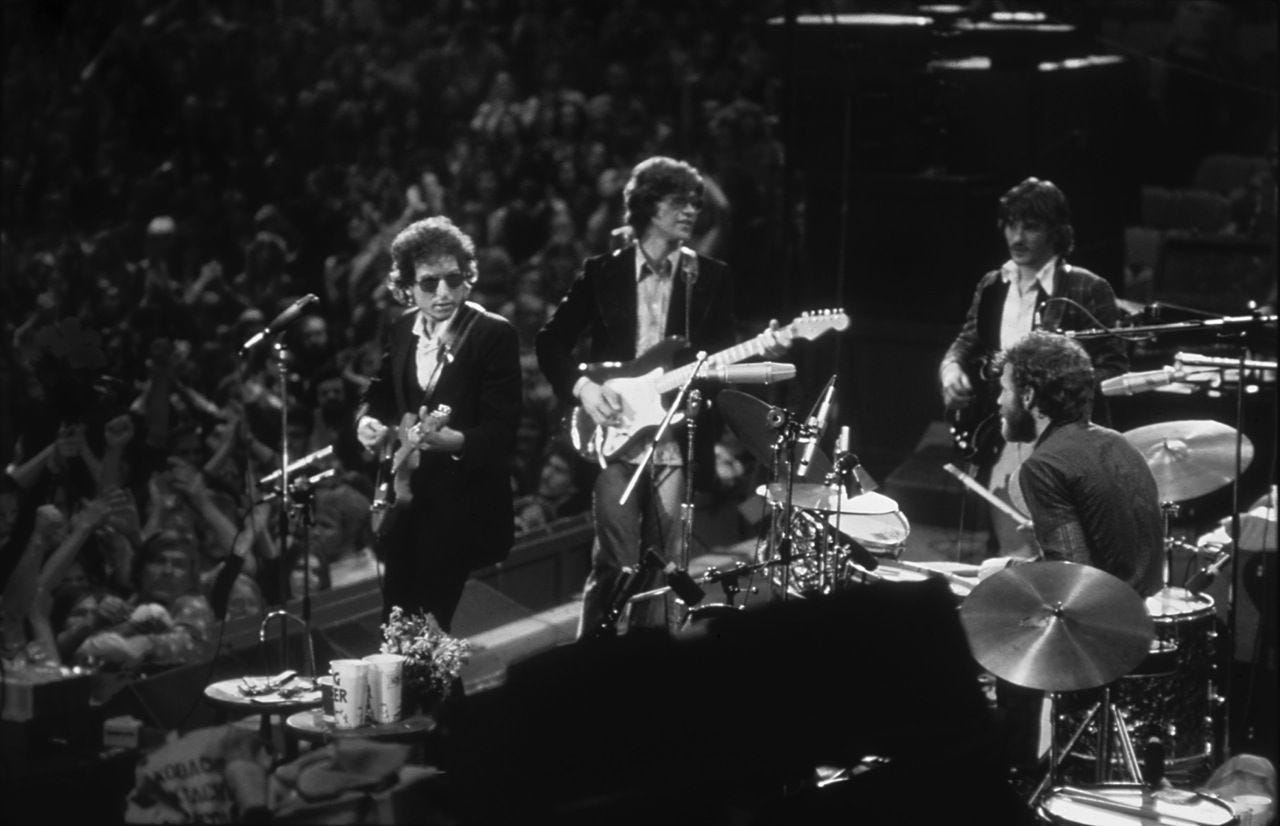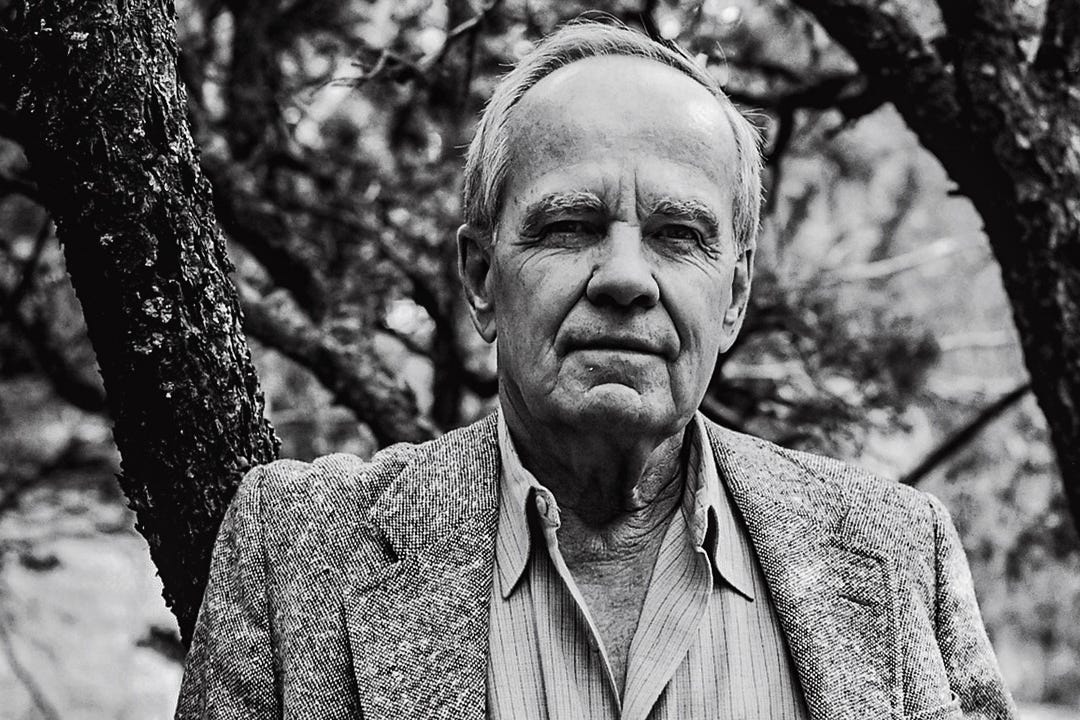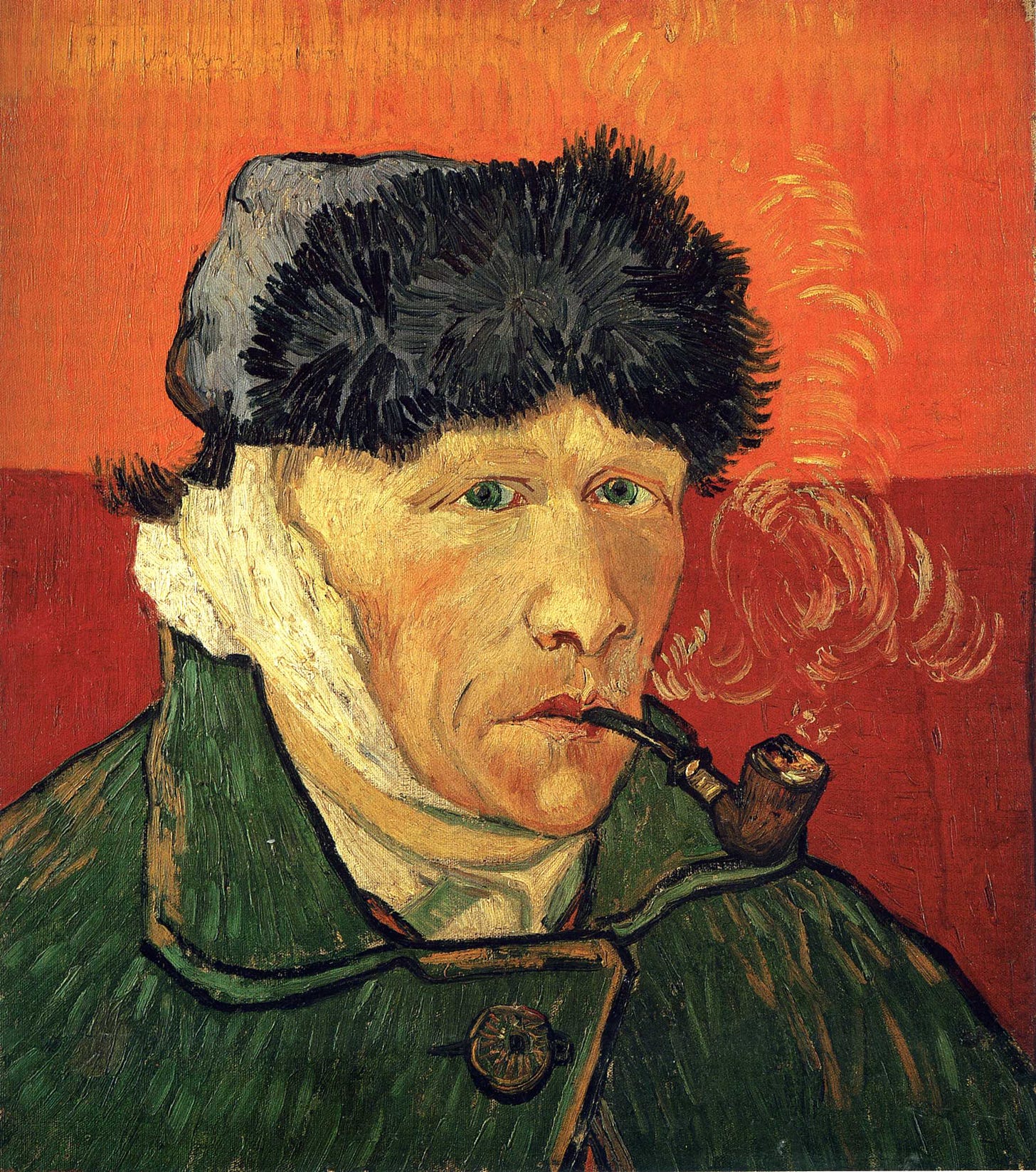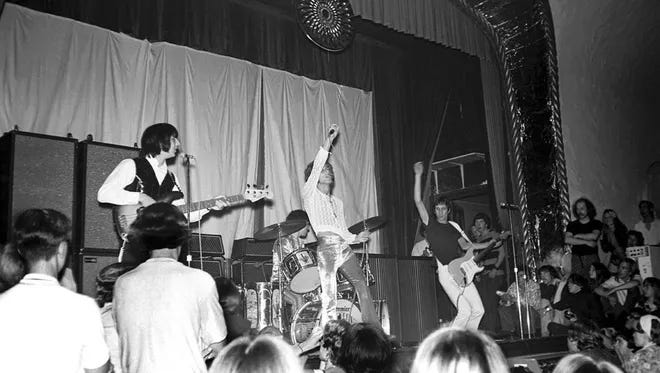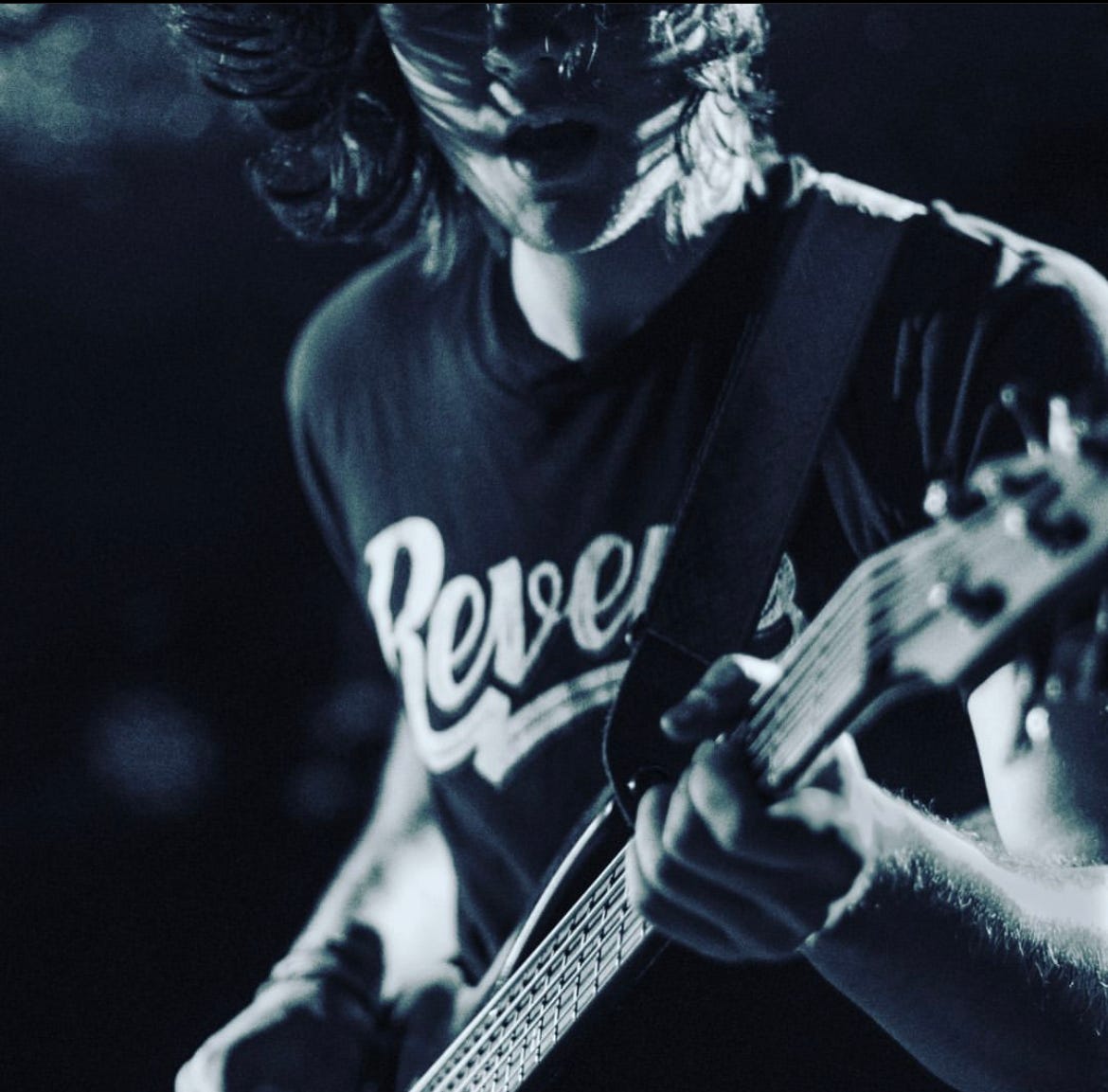Road Dogs and Depressives: A Case Study In Understanding the Spirit of Creation
If you don't listen to it, things won't end well
Richard B. Woodward wrote this about the late author Cormac McCarthy in a New York Times piece published on April 19th, 1992
McCarthy has never shown interest in a steady job, a trait that seems to have annoyed both his ex-wives. “We lived in total poverty," says the second, Annie DeLisle, now a restaurateur in Florida. For nearly eight years they lived in a dairy barn outside Knoxville. "We were bathing in the lake," she says with some nostalgia. "Someone would call up and offer him $2,000 to come speak at a university about his books. And he would tell them that everything he had to say was there on the page. So we would eat beans for another week.
McCarthy, who passed away this last week on June 13th, embodied a spirit and talent that was alien. He was a true artist. True because his entire life was dedicated to the singular task of storytelling.
This, inevitably, made close relationships and “normal” responsibilities a point of friction to his life's true purpose.
And while others, even the artists themselves, may not understand, their compulsion to create is a signpost from god. There are those lucky few, that can see from the first conscious days of their life that one snaking path had been laid only for them, and it is the only path, while the rest of us bounce around like moths to a near lamp, looking for, and occasionally clinging desperately onto, that thing which may or may not fulfill our heart and spirit.
We tend to attribute both a hopeless romantic allure and deep sadness to these types. We peer in through the glass at them like we’re watching monkeys whittle sticks. This is loneliness. Mental illness. An unhealthy obsession. But we forget that the obsessives, the true artists, are what give our subconscious a legend to understand the world.
This isn’t to say that those who create while raising families, working a steady job, or pursuing other interests, aren’t artists. Far from the case.
But we must make a distinction between those who are willing to die for their work, and those who pursue it as a creative interest. For the artists struggling to make this distinction within themselves, a time will come when the spirit makes itself heard, whether they want to hear it or not.
Talking With the Spirit
The spirit of creation cannot be understood scientifically or rationally, it must be intuited. It lives in an ancient and primal part of the brain. It is what compelled us to draw the shapes of animals on cave walls 60,000 years ago. It is what forces us to sit in the chair until twilight, crafting, composing, and constructing.
If the spirit and mind are aligned, it speaks only through the unconscious act of creation. If the spirit is misguided, or forced to share space in the mind, it asks us questions. It pulls at the back of our ear, taking us out of the act of creation.
How much longer are you going to do this?
You’re turning 35 in October, don’t you want to start a family?
These questions are not always lies or manipulations.
Some of us have desires outside of creation. We want a family, we want high-paying jobs, we want security. Some of the most renowned artists in the world have fallen into this bucket. They are the majority, and it is noble in its own right.
Others, like Van Gogh and McCarthy, are singular. They exist almost entirely as a channel to meta-physical domains humans have struggled to put into words for all of history. We call it god, the cosmos, the subconscious. It has many forms and interpretations, but it’s always fed and nurtured by this one pure spirit inside of us. The true artists are granted this obsessive and at times, destructive constant connection.
For both the artist and the true artist it is possible to live a fulfilling and meaningful life. But the spirit must be reconciled and heard first.
The spirit of the artist calls on a punctuated timeline. It desires routine and practice like the true artist, but it also depends on the energy from outside interests to keep it nurtured and alive. This is where 90% of creative personalities live. If the artist is disconnected from this spirit, they burn out, push too hard, and aren’t able to understand that in order to create in mental peace, they cannot let their art subsume them.
For the true artist, this is inverted. The true artist who is miserable has neglected the spirit’s call to action. They attempt to find normalcy in the routines they see others engaging in around them. They might get married or climb the corporate ladder, but it is always in opposition to their spirit. The routines, details, and systems of normal life, mean less to them than you or I, and if we are close to them, they are often punished by us without intention.
The true artist on this path is often emotional, prone to outbursts, and neglectful of both his art and the relationships they have haphazardly thrown into their life.
Road Dogs and Depressives
I pursued a career in music until I was 26.
I played in over a dozen bands, toured the country with two of them, recorded on over two dozen records and EP’s, and recorded and produced two solo albums myself. I lived, and breathed, the lifestyle and output of a professional musician, but even on the road, or in the studio, my mind and interests drifted.
I had always been occupied by an exploratory spirit. I wanted to read, to learn new skills and meet new people, and to eventually start a family. I was abusive to this spirit in my early twenties, and then when I returned from what would be my final national tour, we had a talk.
My room was dark as I had left it a month prior. I fell down onto my unmade bed and close my eyes and listened.
The spirit spoke. This is not your only life.
That next year, I made a career change and felt immediate relief that I was once again aligned. I was playing music still, but it was not my 24/7 lifestyle anymore. And after this change, I started reflecting on the archetypes I’d spent time with as a touring musician. What signs do artists give us when their spirit is in opposition to their mind, or, heard and nurtured?
On the road, I watched this manifest into two primary archetypes of musicians; the road dogs and the depressives.
Both categories were between 25-40, grinding for years, friends and family offering questions and guidance out of perceived necessity; very little or no commercial success, and yet they had sharp juxtapositions in their demeanor, personality, and temperament on the road.
The depressives weren’t depressed per se, but they were prone to more negative emotion, less curiosity, and a tendency to fly off the handle if things soured or didn’t go their way. These were typically the lead singer or a founding member of the band. They’d dug their heels in for over a decade and achieved the yearly salary of the average Starbucks employee through their music, but the next step up; opening for bigger bands, headlining bigger tours, working even harder, was a heavy rock to push.
They typically had families at home and spent most of their time outside of the mundane pre-show lifting and loading on the phone or arguing with someone who they hadn’t seen for a while.
They were tired, living in a country that was nothing more than a blur of gas stations and rest areas and the same shitty venues every three months. They didn’t care much about the bands opening up for them. Some of them spent their time in the van reading textbooks for college classes they were planning on taking, or trying desperately to build some sort of online business between the long uncomfortable drives, and waiting. They were tired and needed their sleep more than most.
Their spirit wasn’t in it anymore, and it showed.
These are artists that would be better off playing music in the evening after the workday was done. Connecting again with the neglected and unheard passion for projects that don’t need commercial validation. At home, on an adjusted schedule.
The road dogs on the other hand lived and breathed a lifestyle of anarchy and artistic rebellion. Home — normal routine — was the enemy.
Positive spirits, intense enthusiasm for new places, connections, and music, 24/7. These are the guys that would watch the opening band at the front row of the crowd, every single night for 30 days straight. They bathed in the moments that their artistic talent had enabled for them and they were always on. Even if they’d been playing the same small venues for ten-plus years, they didn’t care. The road was home and music was the reason to wake up each morning.
They eschewed serious relationships and jobs and had a network of other musicians or artists friends who were happy to lay them up for a month or two between their next month-long gig. They wrote lyrics and songs in the van, and practiced, practiced, practiced. They’d recognized that they were living their dream, traveling, playing music for strangers, and seeing the country, and they wanted no other life.
These were the guys you could talk to, share a cigarette with, feel out their influences and styles, and commiserate about “normal life”.
They existed in a sublime space of conscious disconnect from the negativity of the depressives and were just as happy sleeping in a Walmart parking lot as they were sharing a twin bed with the drummer at a Motel 6.
This is what I saw. And it forced my spirit and I to talk. I knew that I couldn’t exist in my own shadow, and I had the wisdom to listen at the right time.
I hope that you do as well.





